Digital disruption is really fast. The change it brings is sweeping the business landscape at such a furious pace that old ways of thinking are not relevant today.
For organizations to find lasting success in the emerging digital culture, executives need to adopt a digital mindset and integrate it into how they communicate and serve their employees, consumers, and the greater community. To be effective, this digital mindset must spread throughout from the individual executive to the entire organization, transforming its culture.
At the outset of this transformation, the executive team may feel out of control, overwhelmed and “on foreign soil.” But digital transformation is a necessary shift, critical to the survival and growth of the organization. The digital native doesn’t send a letter to the editor anymore. They go online, and starts a blog …. What I worry about much more is our ability to make the necessary cultural changes to meet the new demands of the digital native culture.
In the past, traditional organizational hierarchies and power centers have operated in silos and controlled information with a one-way communication flow. These silos (e.g. marketing, information technology, public relations, operations, human relations) are dissolving, as new media facilitates open dialogue and two-way communication up and down the organization. Information, feedback, and ideas are now often shared in real time. These changes are altering existing communications structures, influence flow, and access to critical data, encouraging collaboration and joint decision-making.
Organizations are under tremendous pressure to improve the way they leverage data to make the right decisions and improve services for their customers. At the heart of every business is its customer. The very purpose of the business is to get a customer and keep them for a lifetime. Yet how many businesses truly align their entire organization around the customer and the customer’s experience with their business?
Digital marketing should be seen more as a way of life, rather than a form of marketing. The ‘mindset’ of digital marketing is how we treat our customers and the way in which we conduct business. Businesses with a digital mindset are radically transparent with their customers and extremely responsive to their customers; they are brutally honest. They don’t see their customers as just numbers; rather they see their customers as partners, as leaders. If a customer does not have a good experience with a company and has the courage to speak out against the company on a social network, the company does not delete the tweet, Facebook post, etc. Rather, the company engages with that person, and they look at that negative comment as an opportunity to improve.
A company that adopts the digital mindset is authentic and caring. Are you a part of such an amazing organization?
Let me know!
